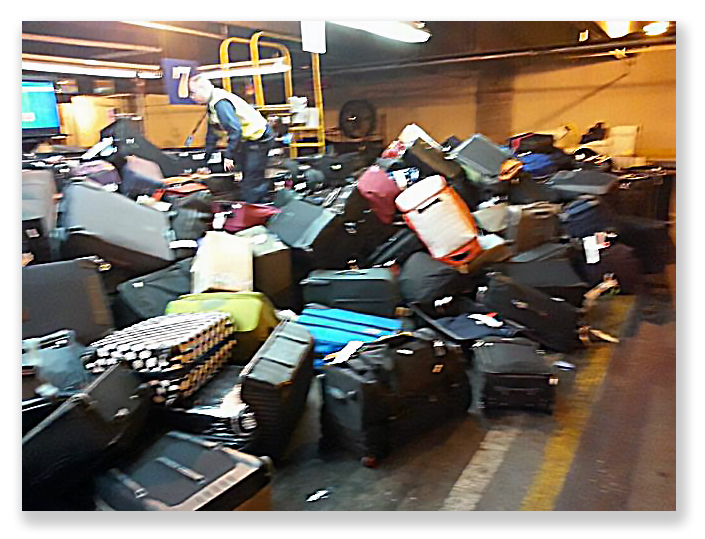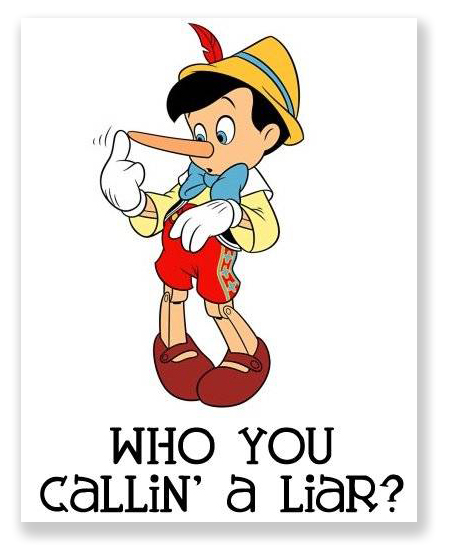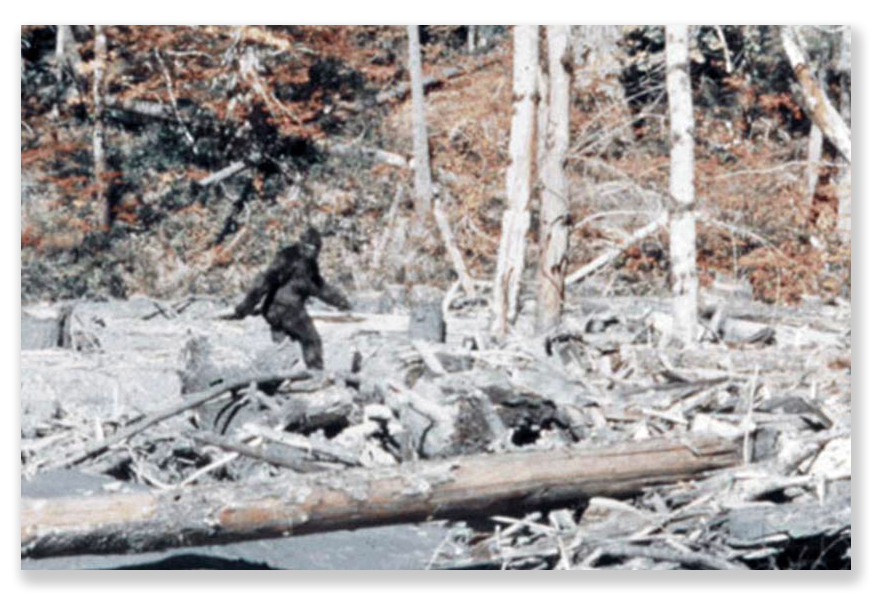We post news and comment on federal criminal justice issues, focused primarily on trial and post-conviction matters, legislative initiatives, and sentencing issues.
WITNESS CAN’T BE ASKED IF OTHER WITNESSES LIED

The Government says Nelson Pereira had a sweet gig. As a baggage handler for an airlines, Nelson was able to get certain suitcases without owners flown to Newark from Puerto Rico. The Feds said the duffels were full of cocaine, and Nelson and his buddies would intercept them in the baggage area, insuring they never slid onto the baggage carousel, where the wrong kind of DEA dog might sniff them.
The indictment said the scheme went on for a decade. When heads started to roll, two defendants caught up in the scheme fingered Nelson.
 Trial came down to the government informants’ word against Nelson’s. The prosecutor was hard on Nelson, pointing out repeatedly during cross-examination that Torres and Olmo – the two government witnesses – told a story very different from Frank’s version. Some might suggest that the questioning came close to badgering, but the thrust of it was the prosecutor trying to get Nelson to call the other witnesses liars:
Trial came down to the government informants’ word against Nelson’s. The prosecutor was hard on Nelson, pointing out repeatedly during cross-examination that Torres and Olmo – the two government witnesses – told a story very different from Frank’s version. Some might suggest that the questioning came close to badgering, but the thrust of it was the prosecutor trying to get Nelson to call the other witnesses liars:
Q. Because you didn’t know Gerardo Torres, the fact that he met you, Frank Pratts [sic] . . . that never happened either; right?
A. No. It did not happen.
Q. So that’s not correct then. That was another thing that Mr. Torres made up; right?
Defense Attorney: Your Honor, questions as to what Mr. Gerardo Torres made up or didn’t make up, it’s like bringing something out.
Court: Overruled.
Q. That’s something else that Gerardo Torres made up and put against you.
A. Yes. It’s a good story, but it didn’t happen.
And at another point, the district court encouraged the questioning:
Q. [B]ut you’ve never seen Carlos Camacho before until you got to court; right?
A. Correct. I never met Carlos Camacho.
Q. So that’s something he made up; right?
A. You’re answering your own question.
Q. No. I’m asking you what the question is.
Court: Let’s not get into an argument here. The question is [if that’s] something that[] Mr. Torres made up.
Defense Attorney: But he is not the person to say that Mr. Torres made it up or not. He is not Mr. Torres.
Court: Overruled. . . . If it’s not true, then it’s something Mr. Torres made up.
A. Correct. It’s a lie.
Witnesses testify falsely all the time. But that does not mean they’re liars. Lack of perception, lack of recall… it happens. As Dr. Judith Loftus, a nationally recognized expert on eyewitness testimony, put it:
Why, after all, would they lie? Ah, there’s the word – lie. That’s the word that gets us off track. You see, eyewitnesses who point their finger at innocent defendants are not liars, for they genuinely believe in the truth of their testimony. The face that they see before them is the face of the attacker. The face of innocence has become the face of guilt. That’s the frightening part – the truly horrifying idea that our memories can be changed, inextricably altered, and that what we think we know, what we believe with all our hearts, is not necessarily the truth.

But everyone understands “lie.” Getting a defendant to lash out at witnesses whom the jury presumes have no axe to grind makes the defendant look guilty. Name-calling make him less sympathetic. Nelson’s prosecutor kept returning to the theme, because the court overrode the defense objections to it, and Nelson was willing, after a fashion, to play ball.
Fortunately, the First Circuit was not. Last week, the Court reversed Nelson’s conviction.
The court held that “counsel should not ask one witness to comment on the veracity of the testimony of another witness… Underlying this rule is the concept that credibility judgments are for the jury, not witnesses, to make… These types of questions are also improper because Rule 608(a) of the Federal Rules of Evidence “does not permit a witness to testify that another witness was truthful or not on a specific occasion.”
Practically speaking, “was-he-lying” questions “ignore other possible explanations for inconsistent testimony . . . which put the testifying defendant in a ‘no-win’ situation of . . . either accusing another witness of lying or undermining his or her own version of events.” The questions are “argumentative, and often their primary purpose is to make the defendant appear accusatory. The danger is that the prosecutor first forces the defendant to label government witnesses as liars who are making up stories, and then, after laying this groundwork, seeks to convince the jury that it is the accusatory defendant—and not the prosecution witnesses—who is unworthy of belief.”
The error in Nelson’s case was not harmless. The Circuit noted the dearth of physical evidence, and noted that because the government witnesses’ testimony was not corroborated – and because they had an arguable motive to lie – the eight occasions on which the government pushed Nelson to call them liars deprived him of a fair trial.
United States v. Pereira, Case No. 15-1669 (1st Circuit, Feb. 3, 2017)
– Thomas L. Root

